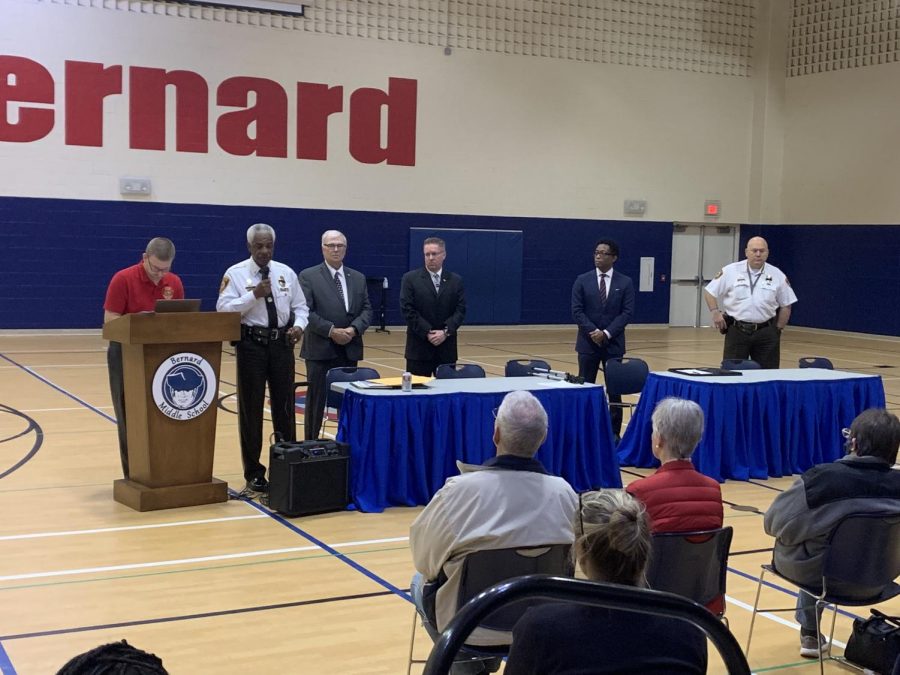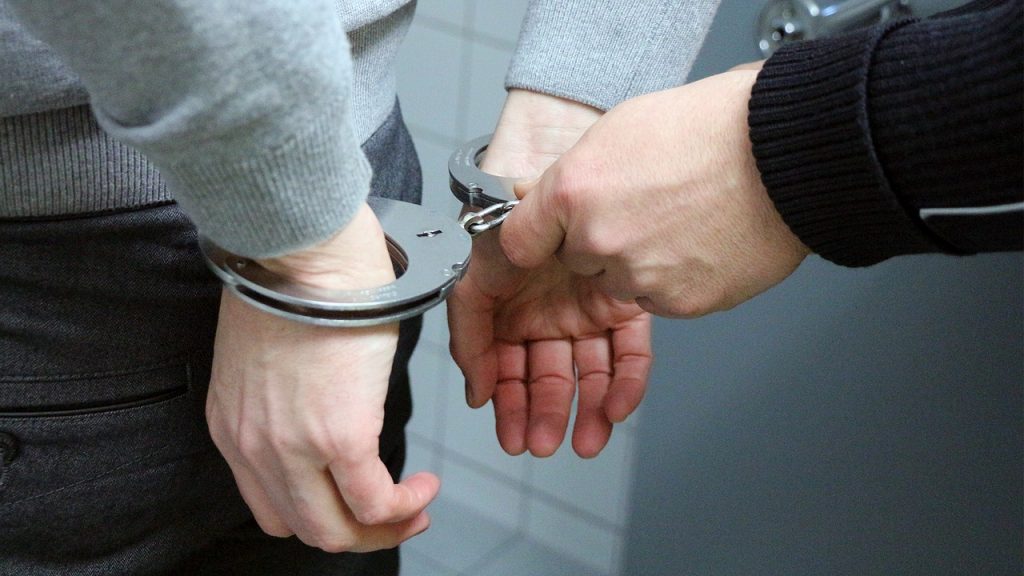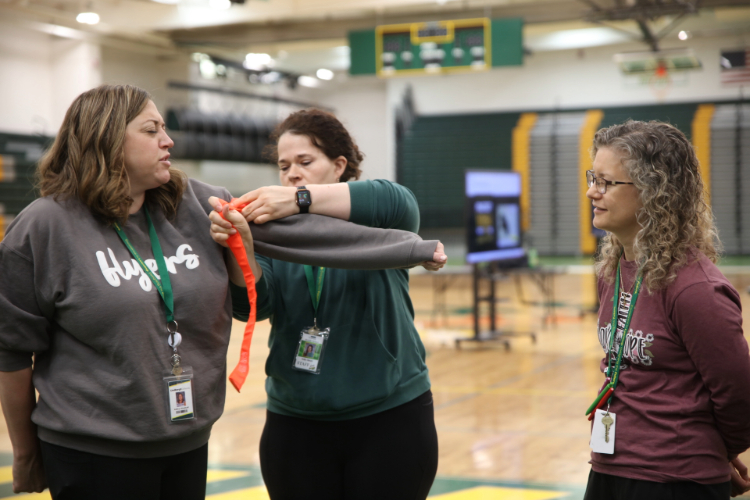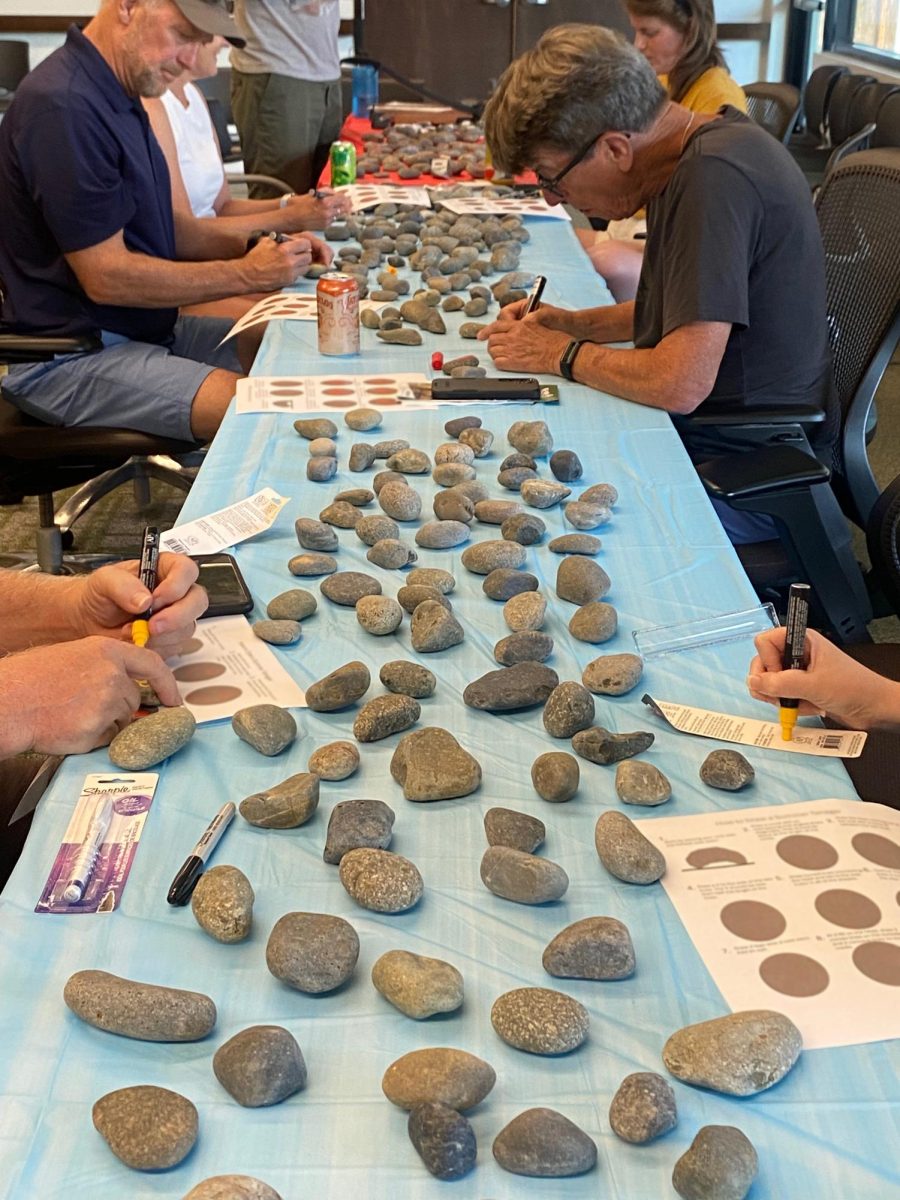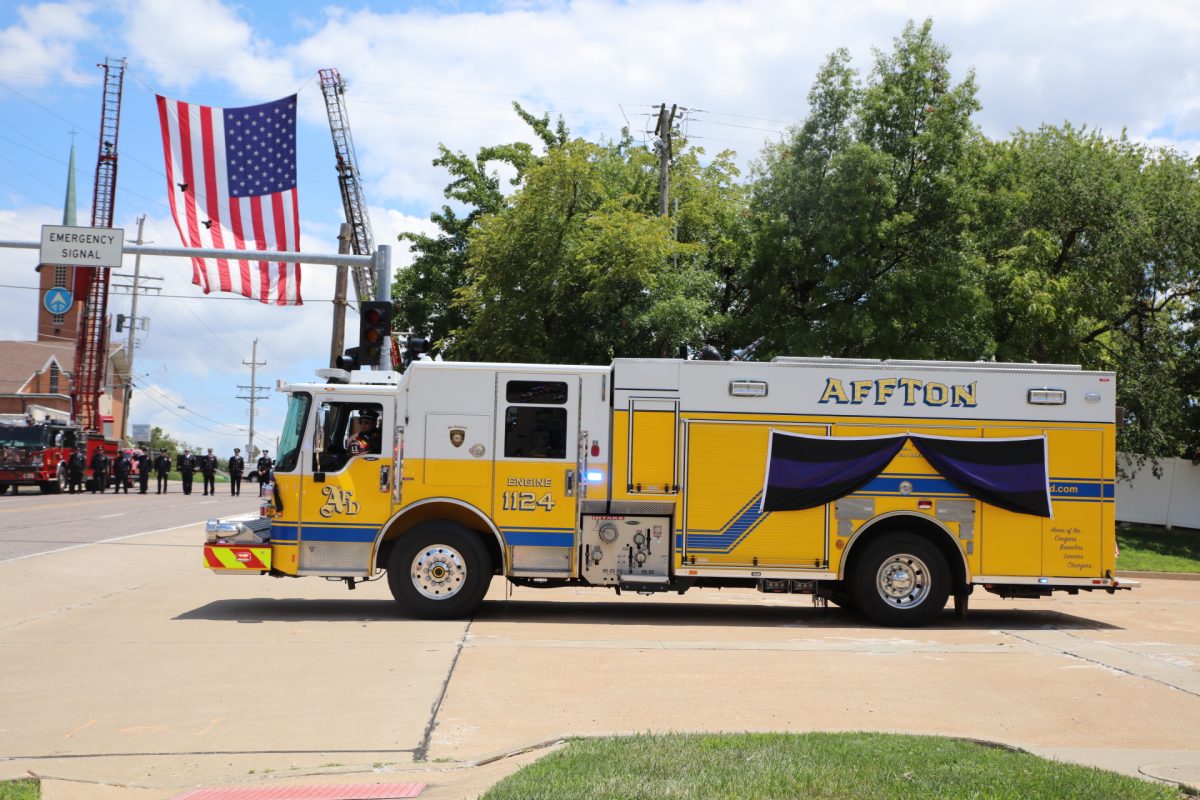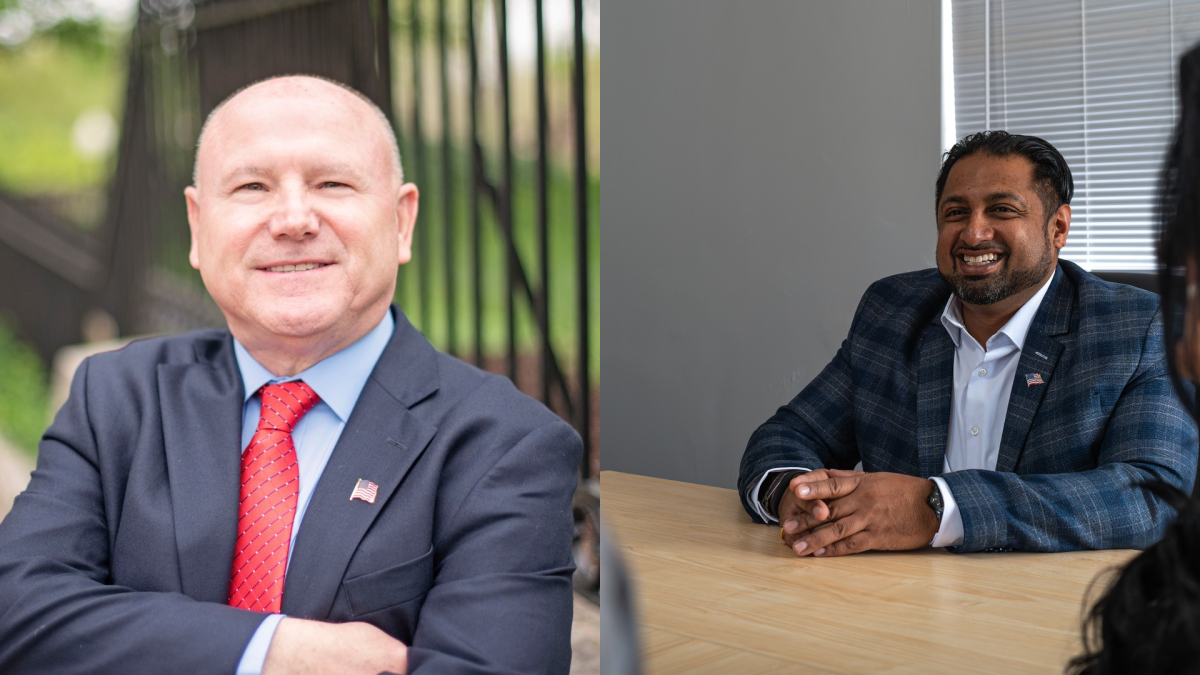South County has recently been the site of a rash of carjackings and car related theft. Perpetrators have begun refining their strategies during these crimes, travelling in groups and using firearms.
The situation has gotten so bad that Rep. Jim Murphy and Rep. Michael O’Donnell called for a town hall Oct. 30 to field questions from the public related to crime. The two were joined by County Prosecuting Attorney Wesley Bell, South County Precinct Commander Jim Schneider and Acting Police Chief Kenneth Gregory.
Schneider said the car thieves are looking for “low hanging fruit,” like unlocked cars or for easy to see valuables, like purses, wallets and especially guns. He said it’s uncommon for car windows to be broken into unless something valuable is visible — the criminals prefer unlocked cars.
“People aren’t stealing keys and then wax-pressing the key down,” Schneider said. “These are cars with keys left in the car. Burglaries are occurring because a garage door opener is in an unlocked car.”
Twenty guns have been stolen from cars in the past two months, which exasperates the violence as the crimes continue.
The new group approach to the theft and carjackings has created a web of people involved in the thefts. The first step criminals take is with a license plate according to Schneider. They travel in groups of three to four and steal a license plate to stick to their car. As the group steals more and more cars, the process is repeated, with each person grabbing a few more people to continue the cycle.
“It creates a spider web of suspects,” Schneider said.
O’Donnell said the camera footage of these groups reminds him of Iraq and the footage shows the tactical nature of the thieves.
The groups have begun recruiting younger and younger people to steal, Bell said. The older members know children won’t serve nearly as much time as an adult would.
“That’s part of the problem — it went from breaking into a car to now individuals armed, especially these younger kids, with these guns who don’t know how to use them,” Bell said.
Bell fielded several questions about the prosecution of individuals arrested for carjackings, with citizens asking if perpetrators would qualify for county reform programs.
The reform programs are reserved for non-violent crimes, usually substance abuse related, where the people involved are only a threat to themselves. Bell said the data supports these programs.
“We know, across Missouri, one year out of jail, recidivism rates are 45-50 percent. Ten years out … our recidivism rates are 80 percent,” Bell said.
For low-level offenders in diversion programs, the recidivism rate is only 8 percent.
Recently, police arrested 11 people for carjackings/theft and four convictions have already been given out. Bell and Schneider said this was a result of the partnership between police and the prosecutor’s office.
A common question from citizens was about the results of Proposition P and how it seemingly has left police “up a creek without a paddle.” Both Schneider and Gregory said the police are short-staffed and it is an issue shared by all police departments.
Prop P was approved with 59 percent of the vote in 2017 and increased sales tax half a percent to fund public safety. Several citizens felt this meant the money would benefit police, but Murphy said the wording on the ballot could have meant anything that increased safety, like road repairs or staff pay. He did say ads claimed the bill would support police.
“I personally voted against it, but not because I didn’t want our police to have more money. I just didn’t believe with the language that was on that ballot that they would get it, and they didn’t,” Murphy said. “Who got shorted? The people who we thought we were voting for to get those funds.”















